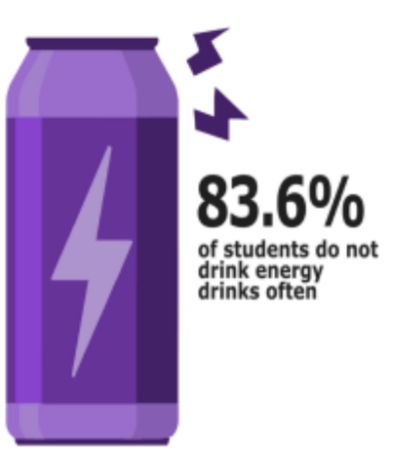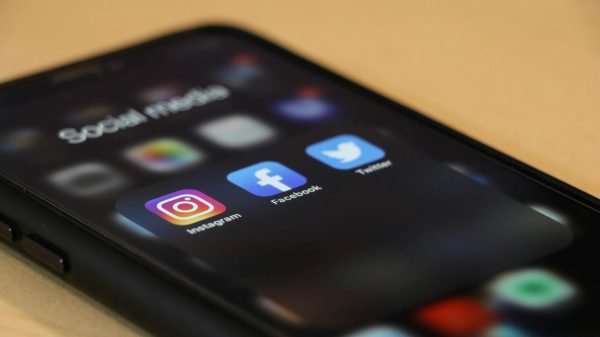With hybrid scheduling, mental health is important
UNSPLASH PHOTO COURTESY OF SARAH KILIAN
Mental health is an important issue that has now been prioritized due to COVID-19. https://unsplash.com/license
November 25, 2020
As the novel coronavirus continues to plague countries across the world, so does the stress and anxiety caused by the deadly disease.
While some people are getting tired of mask-wearing, social distancing and restrictions in general, others are overwhelmed by the uncertainty that has surrounded their everyday lives since early this
year.
According to a survey from the World Health Organization (WHO), mental health services have been disrupted or halted in 93% of countries worldwide due to the pandemic, despite the increasing demand for them. They also mentioned that even before the pandemic, countries only spent about 2% of their national health budgets on mental health.
Around 91% of students said that the closure of schools and colleges last spring negatively impacted their lives, according to a survey conducted by the National Center for Biotechnology Information.
Remote learning last spring, and even this fall, has called for extensive time management from students and teachers alike, piling onto the already heightened stress. While most schools have since reopened for the 2020-2021 school year, the hybrid schedule in use requires even more time management skills.
At CHS, most teachers now use their in-class time with each cohort solely for teaching as opposed to giving students work time as well. In turn, virtual days are used to work on assignments based on content learned in class. If a student falls behind on classwork, it’s virtually impossible to catch up on missed assignments as homework keeps piling on, and with countless deadlines, oftentimes overlapping, to keep track of, assignments are commonly pushed to the last minute.
In previous years, students could feel a clear and distinct separation between school classes, homework and free time. Yet, with classes being taught online and taken from home, that separation between classwork and homework no longer exists if students are being asked to spend long hours at their computer. Additionally, distractions that are present at home can impede overall productivity and make it harder for students to stay on task.
This constant screen time can also affect students’ sleep schedules because the blue light reduces melatonin production in the brain and forces them to stay awake longer, according to SleepFoundation.org.
The article found that when students spend time on electronic devices, especially at nighttime, it can delay the release of melatonin and make sleep more challenging. When teens are sleeping for fewer hours, it can eventually lead to depression-like symptoms.
Sleep schedules are also subject to change due to the hybrid schedule. Through waking up earlier on in-person days and sleeping in on remote days, students are most likely getting different amounts of sleep every night, even if they go to bed at the same time. Kendra Cherry of Very Well Mind wrote that other mental health concerns, including anxiety, arise with sleep problems.
“One study [by the American Academy of Child & Adolescent Psychiatry] found that problems with sleep were a predictor for generalized anxiety disorder in children and teens between the ages of 9 and 16,” Cherry said. “Those who struggle with sleep problems may be more likely to develop an anxiety condition, particularly if their sleep problems are prolonged and left untreated.”
During a time when students are facing unprecedented hardships, in both learning and their own lives, it is important that teachers are understanding of these challenges and the additional efforts students have to put forth to meet them. It is crucial for everyone to step back and look at the bigger picture: that health and well-being are of utmost importance, especially during a pandemic.
















